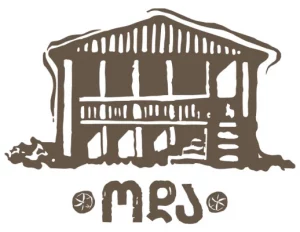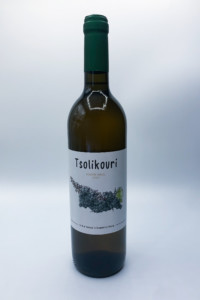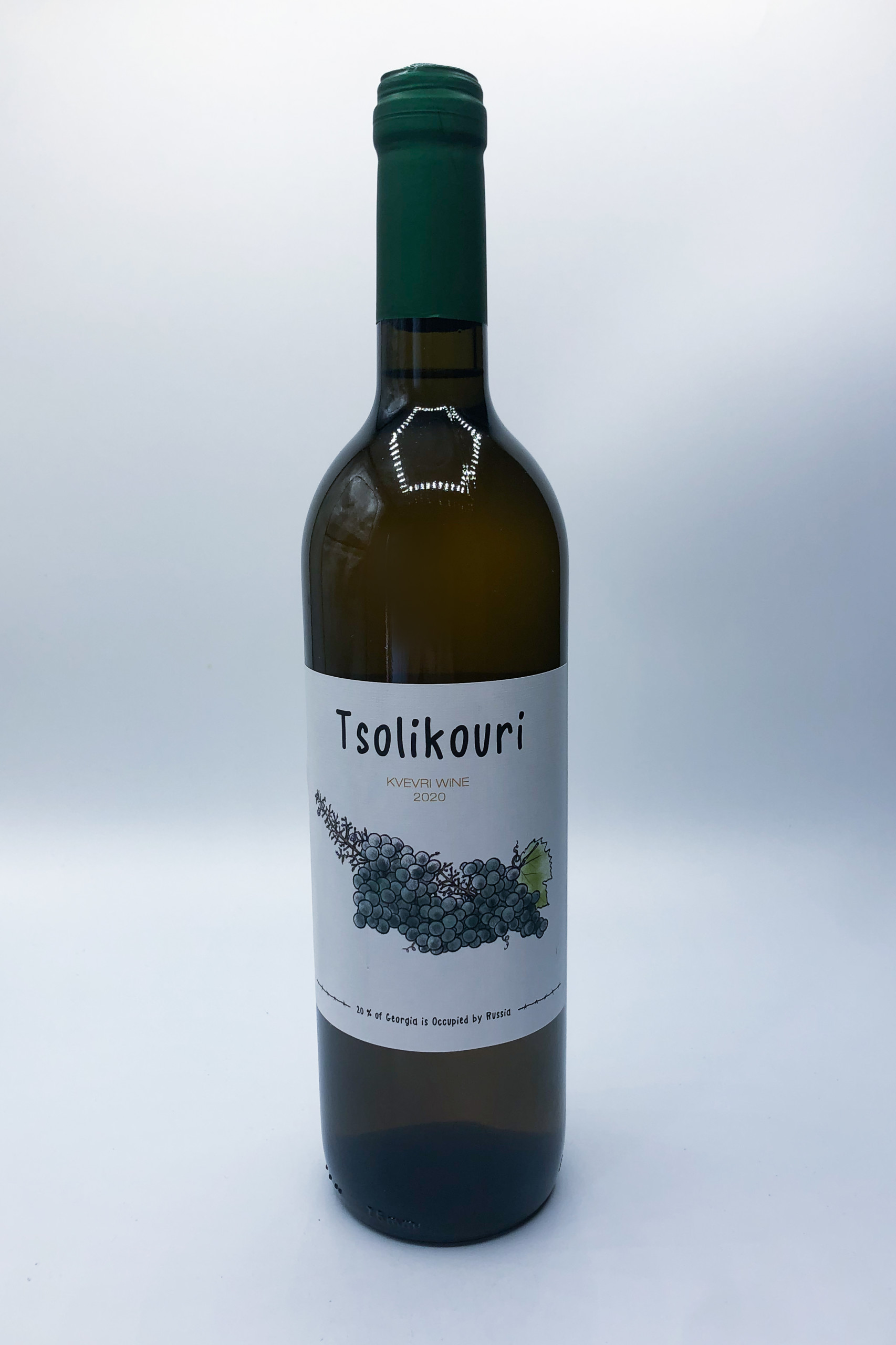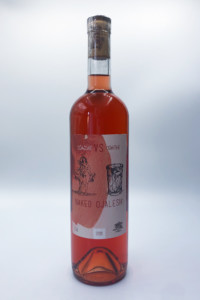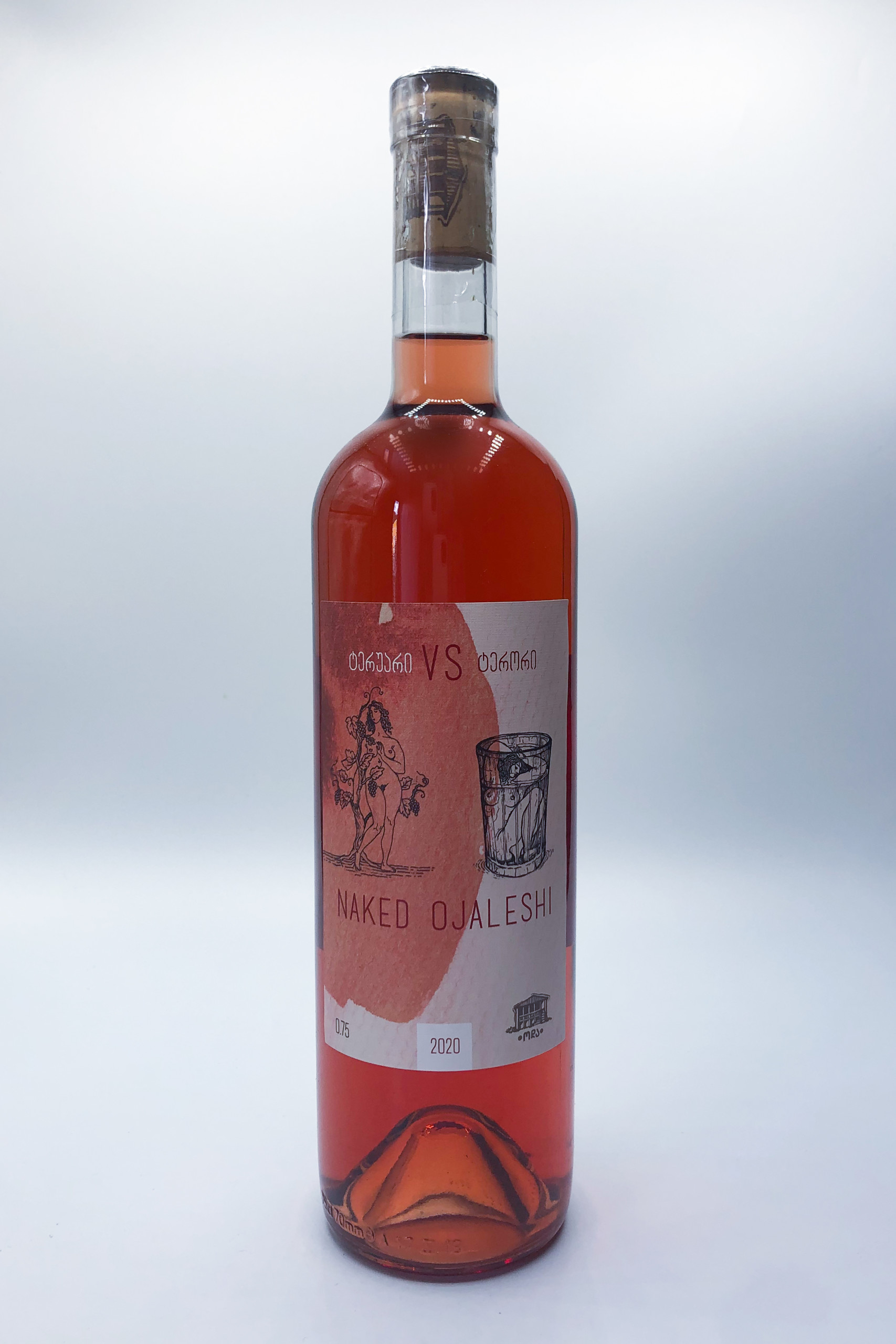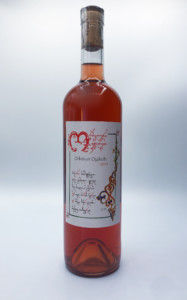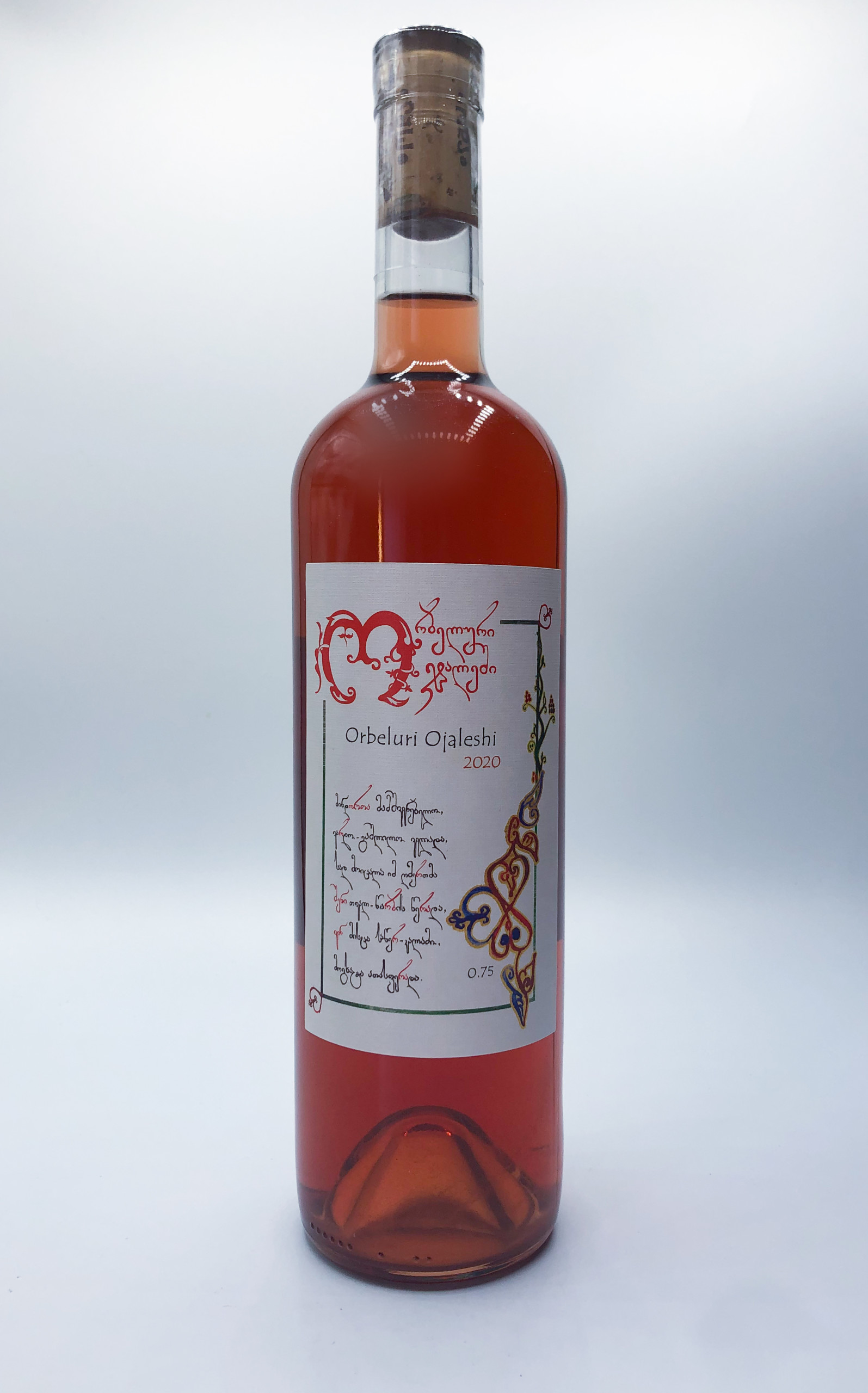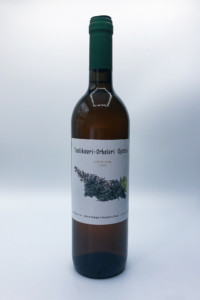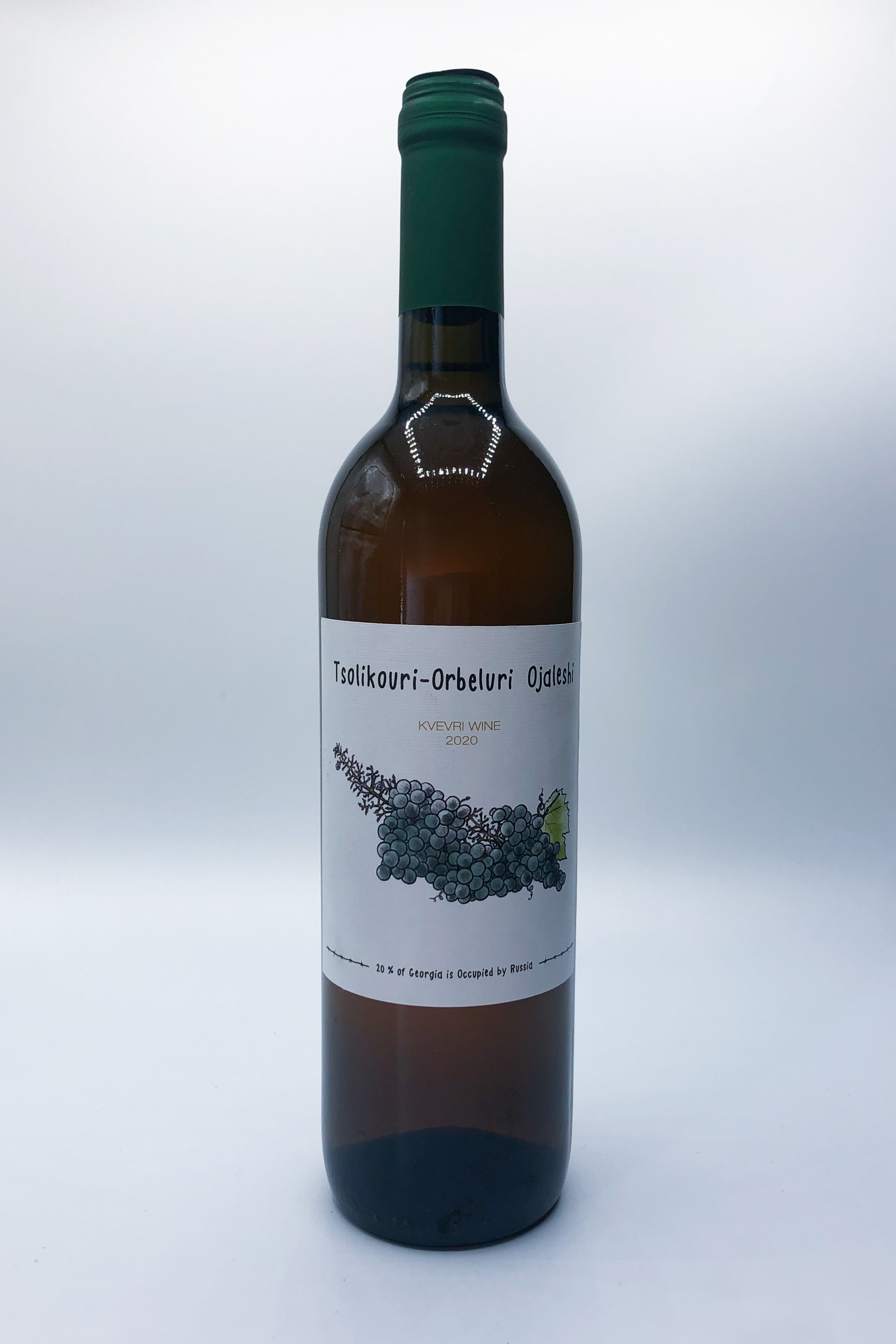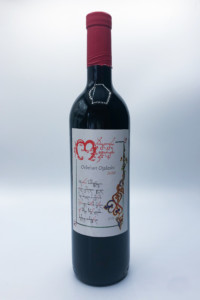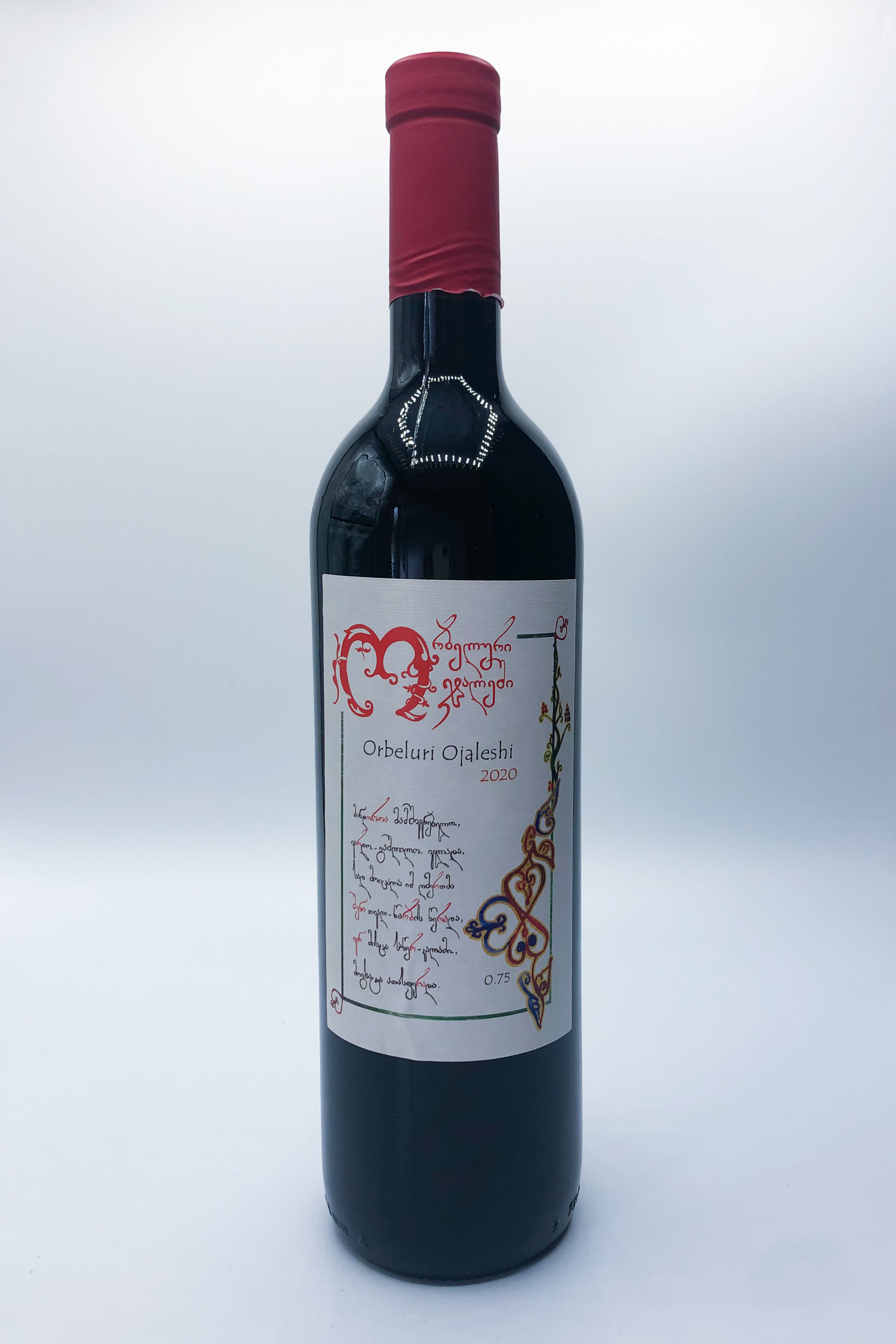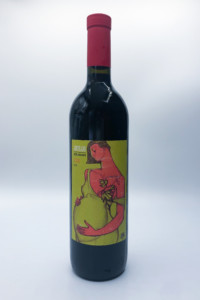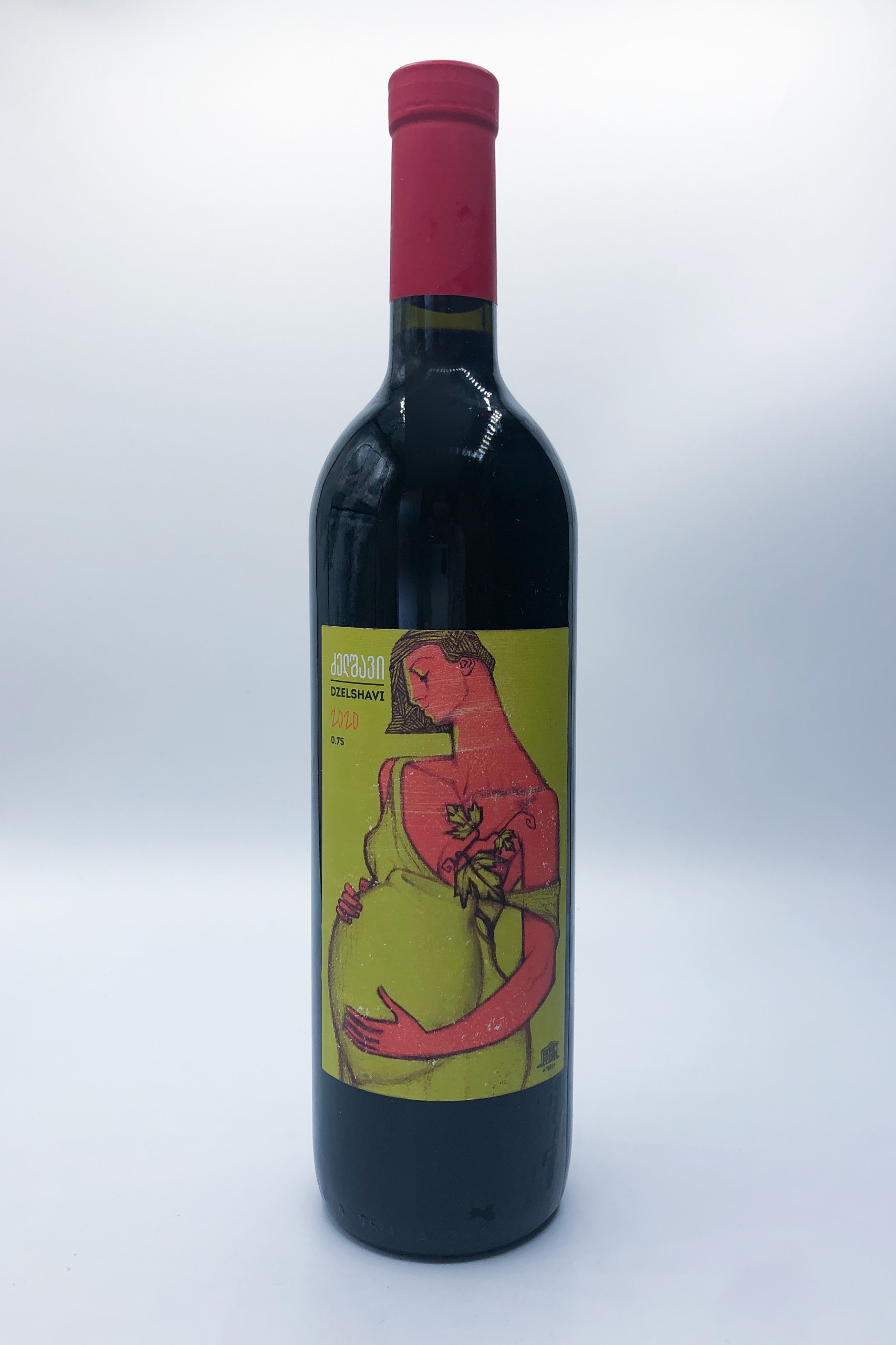Oda Family
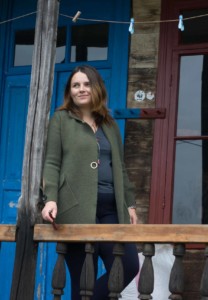
Keto Ninidze
About
Owner & winemaker: Keto Ninidze
Vineyards: 90% purchased fruit from partnerships with local growers, plus a small experimental home vineyard planted to nearly extinct local varieties
Vineyard management: Practicing organic
Soils: Limestone and clay
Grapes grown: Ojaleshi, Dzelshavi, Tsolikouri, Orbeluri Ojaleshi
Annual production: 6,000 bottles
Quick facts:
- In addition to managing the vineyards and winery, Keto continues writing, both about wine, and literature criticism. She is the author and co-author of books on literature (The Morphology of the Military Narrative, Georgian Writing of the Liberalism Period, Georgian Romanticism) and on wine (A Gently Fermenting Revolution: Women in Georgian Wine Business).
- Keto uses her writing and wine labels to bring attention to violence against women.
- In 2018, the Georgian Agricultural Ministry and the Georgian Farmers’ Association declared Keto Ninidze the Woman Farmer of the Year.
- Check out this cool feature on Keto in Wine Enthusiast’s “The Advocacy Issue.”
Georgian wine has seen a surge in popularity over the past two decades, but international attention is still mainly focused on Kakheti, in eastern Georgia. The rest of the country has just as much winemaking history, though. The region of Samegrelo in western Georgia, where the Oda Family winery is found, had a flourishing winemaking tradition prior to the 1850s. There were over sixty different grape varieties native to this region in particular, and European travelers at the time wrote about the marvelous wines they tried there. However, in the second half of the nineteenth century, fungal diseases spread across Europe, and with its humid climate, western Georgia was particularly hard hit. Wine production dropped dramatically as growers learned to adapt to the new challenges. The most difficult blow came in the 1950s, under Soviet rule, when the communist government decided that the region was not suitable for their style of industrial winemaking. Vineyards were torn up in favor of hazelnut trees, and almost all of the native grape varieties were lost.
When Keto and her husband Zaza moved back to his family’s historic Oda (the traditional western Georgian style of wooden house–theirs was built in 1933), and began planting grapevines instead of hazelnut trees in 2012, the locals thought they were crazy. Undeterred, they built new maranis (wine cellars), buried qvevris (the traditional local clay amphoras), and began purchasing organically-farmed fruit from their neighbors. Ninety percent of the fruit they work with is still purchased via steady partnerships with local growers. Oda Family works with the growers on vineyard operations, and supplies them with organic treatments.
Initially, Zaza ran his own wine business, while Keto pursued her career as a writer and journalist. In 2015, after intensive research and writing about wine for the Georgian Wine Club, Keto was inspired to begin making her own natural wines, beginning with the “Naked Ojaleshi,” and the Oda Family winery was born.
In 2018, Keto planted a small vineyard at the house, where she’s been collecting forgotten indigenous grape varieties, like Tchvitiluri, Koloshi, Dudghushi, Lakoyazh, and Ashugazh, and making experimental wines from them. “It is a great passion and pleasure to experiment with the lost grape varieties and make wines that nobody knows what they look like or to explore hidden terroirs invisible for industrial Soviet winemaking,” Keto tells us. “Since then my project is presenting Megrelian (as well as other regions of Western Georgia – Racha, Lechkhumi, Imereti) wines worldwide, and it’s a great honor to be one of the first introducing these varieties to wine people” across the world.
The vineyards in Samegrelo are mostly planted on alluvial soils composed of limestone, which give the wines a mineral, stony, or salty character. About 70-80% of the wines are fermented in traditional qvevri, but Keto’s style leans towards fresher, less macerated versions. She enjoys drinking lighter wines that are more expressive of place and varietal character, so she seeks to not mask these delicate characteristics with heavy-handed winemaking. She prefers direct press or short macerations.

